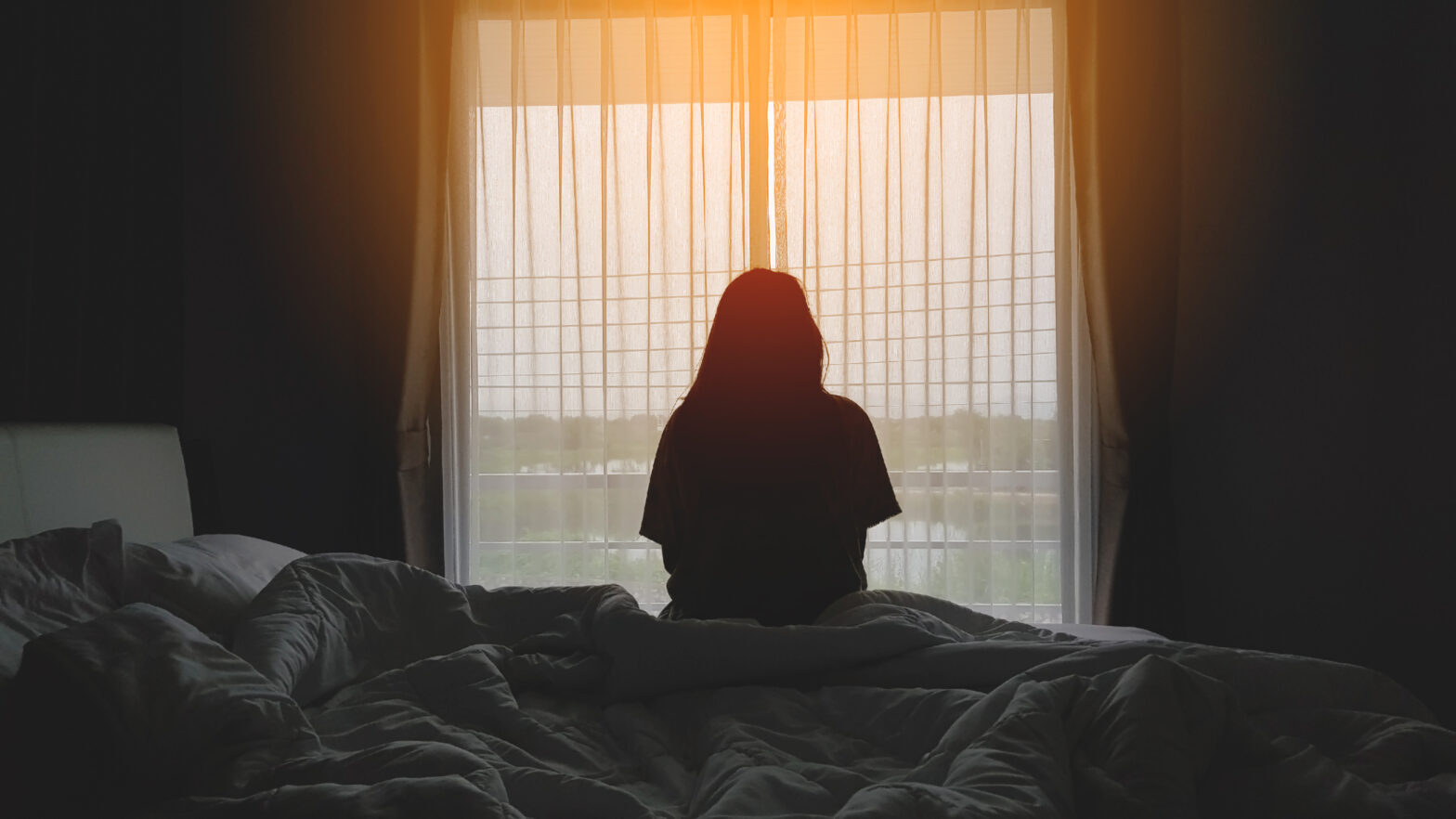Human Trafficking
Post Date: June 14, 2021
MCADSV is recognized nationally and internationally for its innovation in tackling the chronic questions and problems faced by local advocates in providing services to all survivors. MCADSV works in partnership with a diverse community that is developing services and responses to all forms of human trafficking in Missouri. Our collaborative partnerships include trafficking survivors, service providers, faith-based groups, legislators, the Supreme Court and Attorney General of Missouri.
What is human trafficking?
The complexities of human trafficking, in addition to a wealth of additional information and statistics, are well described on the website of the national advocacy organization, Polaris. Polaris is a respected national leader in work to address all forms of human trafficking. The content below is from Polaris.
Human trafficking consists of both sex and labor trafficking.
Polaris describes Sex trafficking as one form of modern slavery that exists throughout the United States and globally.
Sex traffickers use violence, threats, lies, debt bondage, and other forms of coercion to compel adults and children to engage in commercial sex acts against their will. Under U.S. federal law, any minor under the age of 18 years induced into commercial sex is a victim of sex trafficking—regardless of whether or not the trafficker used force, fraud, or coercion.
The situations that sex trafficking victims face vary dramatically. Many victims become romantically involved with someone who then forces or manipulates them into prostitution. Others are lured in with false promises of a job, such as modeling or dancing. Some are forced to sell sex by their parents or other family members. They may be involved in a trafficking situation for a few days or weeks, or may remain in the same trafficking situation for years.
Victims of sex trafficking can be U.S. citizens, foreign nationals, women, men, children, and LGBTQ individuals. Vulnerable populations are frequently targeted by traffickers, including runaway and homeless youth, as well as victims of domestic violence, sexual assault, war, or social discrimination.
Sex trafficking occurs in a range of venues including fake massage businesses, via online ads or escort services, in residential brothels, on the street or at truck stops, or at hotels and motels.
Polaris describes Labor trafficking as another form of modern slavery that exists throughout the United States and globally.
Labor traffickers – including recruiters, contractors, employers, and others – use violence, threats, lies, debt bondage, or other forms of coercion to force people to work against their will in many different industries.
Labor traffickers often make false promises of a high-paying job or exciting education or travel opportunities to lure people into horrendous working conditions. Yet, victims find that the reality of their jobs proves to be far different than promised and must frequently work long hours for little to no pay. Their employers exert such physical or psychological control – including physical abuse, debt bondage, confiscation of passports or money – that the victim believes they have no other choice but to continue working for that employer.
U.S. citizens, foreign nationals, women, men, children, and LGBTQ individuals can be victims of labor trafficking. Vulnerable populations are frequently targeted by traffickers. Immigration status, recruitment debt, isolation, poverty, and a lack of strong labor protections are just some of the vulnerabilities that can lead to labor trafficking.
Labor trafficking occurs in numerous industries in the U.S. and globally. In the United States, common types of labor trafficking include people forced to work in homes as domestic servants, farmworkers coerced through violence as they harvest crops, or factory workers held in inhumane conditions. Labor trafficking has also been reported in door-to-door sales crews, restaurants, construction work, carnivals, and even health and beauty services.
Human Trafficking Resources
National Human Trafficking Hotline
Call this hotline to report tips or request services 24 hours a day, 7 days a week, call 1 (888) 373-7888. Interpreters are available in more than 200 languages.
For assistance via text, text “HELP” or “INFO” 233733.
Serving Human Trafficking Victims: An Introduction for Domestic Violence Organizations
This free recorded Polaris webinar will provide domestic violence organizations with recommendations on how to adapt services and policies to better serve sex and labor trafficking victims.
Human Trafficking Assessment for Domestic Violence and Sexual Assault Programs
This document contains questions that can be used by domestic violence and sexual assault programs to assess for potential signs that a service recipient has been a victim of human trafficking.
